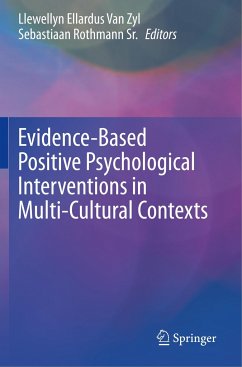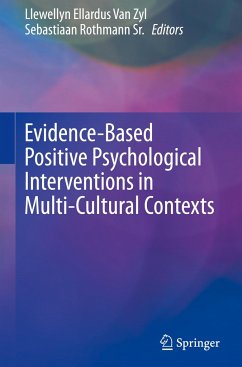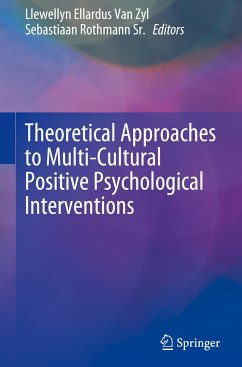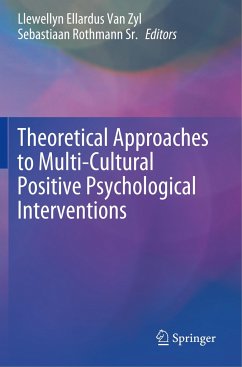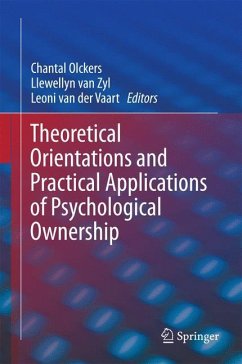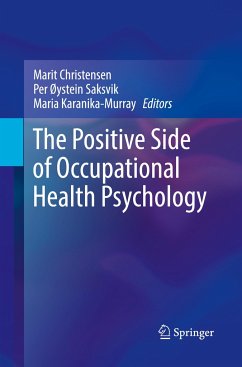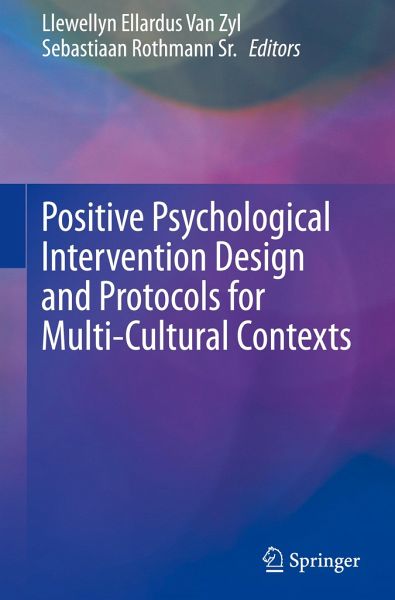
Positive Psychological Intervention Design and Protocols for Multi-Cultural Contexts

PAYBACK Punkte
53 °P sammeln!
This volume presents innovative and contemporary methodologies and intervention protocols for the enhancement of positive psychological attributes in multicultural professional and organizational contexts. Most methods, models and approaches that underpin positive psychological interventions are confined to clinical samples, closed systems or monocultural contexts, which restrict their applicability to particular contexts. Extensive practical intervention protocols, designs and methods which usually accompany first draft intervention papers are condensed into brief paragraphs in final manuscri...
This volume presents innovative and contemporary methodologies and intervention protocols for the enhancement of positive psychological attributes in multicultural professional and organizational contexts. Most methods, models and approaches that underpin positive psychological interventions are confined to clinical samples, closed systems or monocultural contexts, which restrict their applicability to particular contexts. Extensive practical intervention protocols, designs and methods which usually accompany first draft intervention papers are condensed into brief paragraphs in final manuscripts or removed in their entirety. This, in turn, reduces their potential for replicability or adoption by consumers, practitioners, or industry. This volume develops guidelines for enhancing positive psychological attributes, such as positive moods (e.g. positive affect; life satisfaction), strengths (e.g. gratitude; humour), cognitions (e.g. hope; optimism) and behaviours (e.g. emotional regulation; positive relationship building) within various multicultural contexts. Thereby, it shows how positive psychology interventions can be replicated to a wide-range of contexts beyond those in which they were developed.




